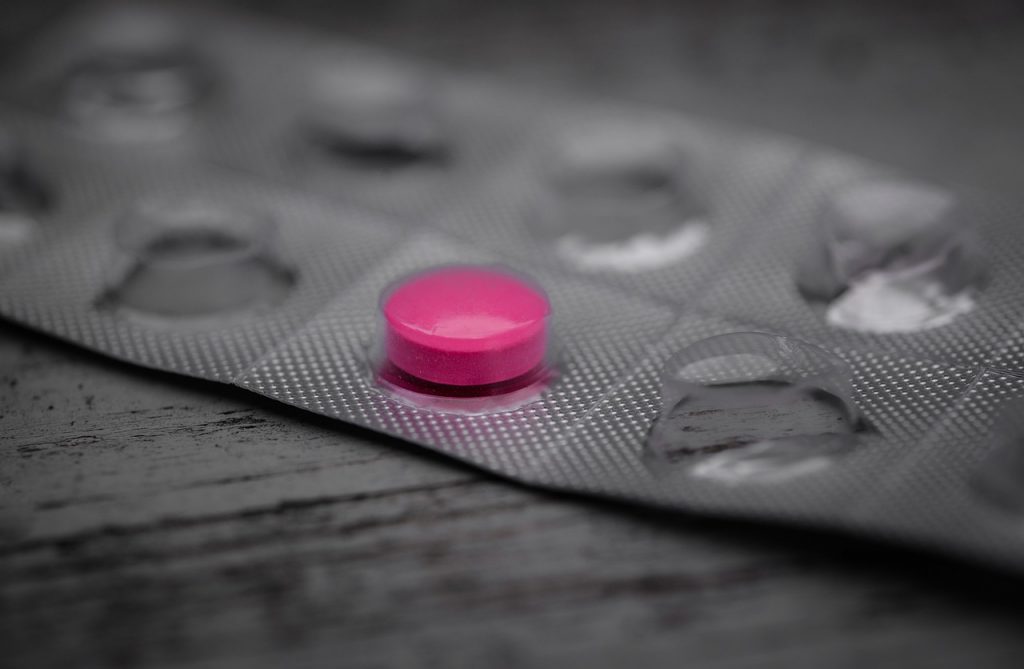In recent times, the United States has been facing some of the worst scenario of opioid addiction and mortalities. The situation has become even worse during the pandemic and continues to do so. There have been numerous efforts to identify the affected and provide care and support, but there is a lot more that needs attention to understand the problem overall.
What are Opioids?
Opioids are a particular type of addictive substance that is present in several prescription painkillers and also available in illicit forms such as heroin and cocaine. There are also organic and synthetic products of opioids such as opium which are capable of lowering the heart rate. Hence, large doses or higher than prescribed doses can be lethal and stop the heart from functioning, felicitating cardiac arrest.
Problem with Opioids
As medical and pharma companies use aggressive marketing for opioid-related drugs to pharmacies and doctors, they also prescribe medicines and opioid-related drugs to many people. Across 40 states of the US, there are millions of families who use opioid-related drugs and eventually have become dependent on them. All of that, along with illicit opioids, has worsened the opioid crisis.
Things to Do at Home to Help with the Opioid Crisis
Children, teenagers, and young adults are prone to the most damage from opioid medication. Open communication can do wonders when someone needs help. Parents should communicate with their kids and look after the medication they’re using. Storing medicines safely in medication bags with a lock can deter illicit and even accidental use of the drug. If parents need to leave the medication alone at home, a locking medication bag can ensure safety and avoid unwanted usage. Considering the alternatives and communicating with health professionals are key when in need. Above all, knowing what to do in case of an overdose emergency can save lives.
Conclusion
The opioid epidemic may have worsened, but the steps to prevent them mostly start at home. Proper communication and keeping medication under lock and key can prevent opioid-related deaths.

